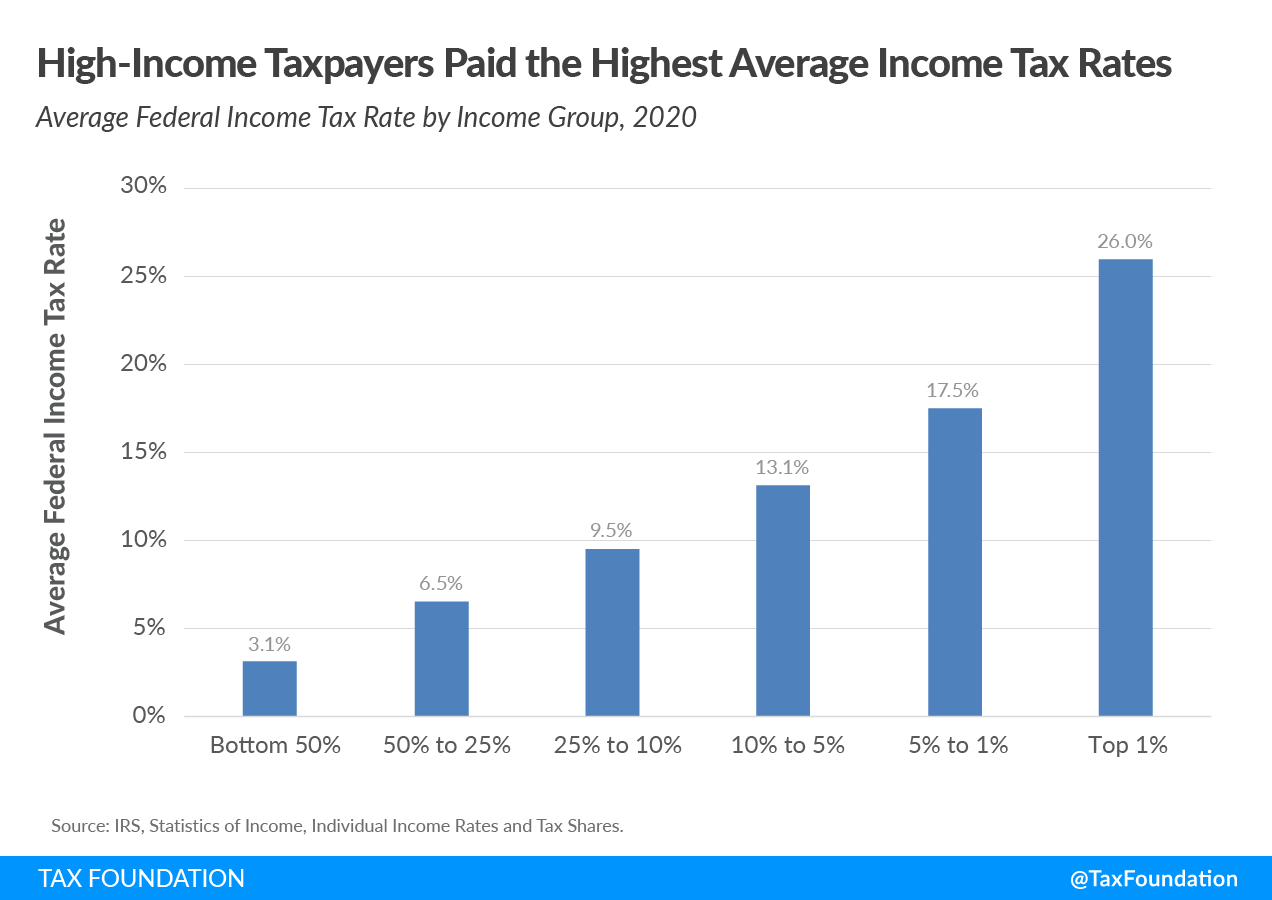How do Judges Determine Who Gets Custody of Children in Alabama?
In most jurisdictions, the general rule is that in a divorce proceeding, the best interests of the child should be the primary consideration when determining custody. The specific factors that a judge will consider can vary from state to state, but some common ones include:
- The emotional bond between the child and each parent
- The ability of each parent to provide a stable and nurturing home environment for the child
- The ability of each parent to meet the child’s physical and emotional needs
- The child’s preference, if the child is old enough and mature enough to express a preference
- The willingness and ability of each parent to encourage a relationship between the child and the other parent
- Any history of abuse or neglect by either parent
- The geographic proximity of the parents’ homes
- The child’s relationship with siblings and other extended family members
- The child’s adjustment to their home, school, and community
In some cases, the court may appoint a guardian ad-litem, a divorce attorney in Alabaster, or anywhere else in Alabama, that is appointed to represent the child’s best interests. The guardian ad-litem will investigate the child’s circumstances and make recommendations to the court.
There are several types of custody that a judge can award, including:
- Sole custody: This means that one parent has primary physical and legal custody of the child. The other parent may be granted visitation rights, but does not have decision-making authority or the right to have the child live with them.
- Joint custody: This means that both parents share physical and legal custody of the child. The child may live with one parent most of the time, but both parents have the right to make decisions about the child’s upbringing.
- Shared custody: This means that the child spends an approximately equal amount of time with each parent. This can be challenging to arrange but can work well if the parents can cooperate and communicate effectively.
It is important to note that in determining custody, the court will consider the child’s age, the child’s relationship with each parent, and any other relevant circumstances. The court will also consider any agreements that the parents have reached, as long as they are in the child’s best interests. If you have a custody issue, you should call a local divorce attorney in Birmingham today for a consultation.
If the parents are unable to reach an agreement, the court will make a custody determination based on the evidence presented. In making its decision, the court will consider the factors listed above and any other relevant factors argued by your Anniston divorce attorney.
In some cases, the court may order a custody evaluation, which is a more in-depth examination of the child’s circumstances. This may be ordered if the court believes that a more detailed examination of the child’s needs is necessary to make a custody determination.
It is also important to note that custody orders are not set in stone. If circumstances change, either parent can request a custody order modification. The court will consider any relevant changes and decide whether a modification is in the child’s best interests.
In summary, when determining custody in a divorce proceeding, the court will consider the child’s best interests as the primary consideration. The court will consider the child’s emotional bond with each parent, the ability of each parent to provide a stable and nurturing environment, the child’s physical and emotional needs, and any other relevant circumstances. If the parents are unable to reach an agreement, the court will make a custody determination based on the evidence presented, taking into account any relevant factors. Custody orders can be modified if circumstances change, and either parent can request a modification if they believe it is in the child’s best interests.
Attorney Steven A. Harris regularly blogs in the areas of family law, bankruptcy, probate, and real estate closings on this website. Mr. Harris tries to provide informative information to the public in easily digestible formats. Hopefully you enjoyed this article and feel free to supply feedback. We appreciate our readers & love to hear from you!
Sharing is caring:







